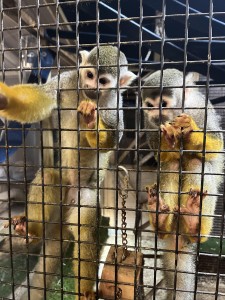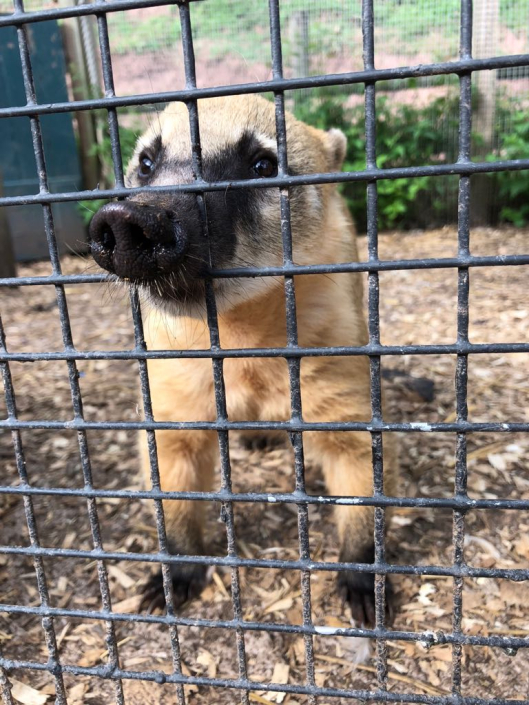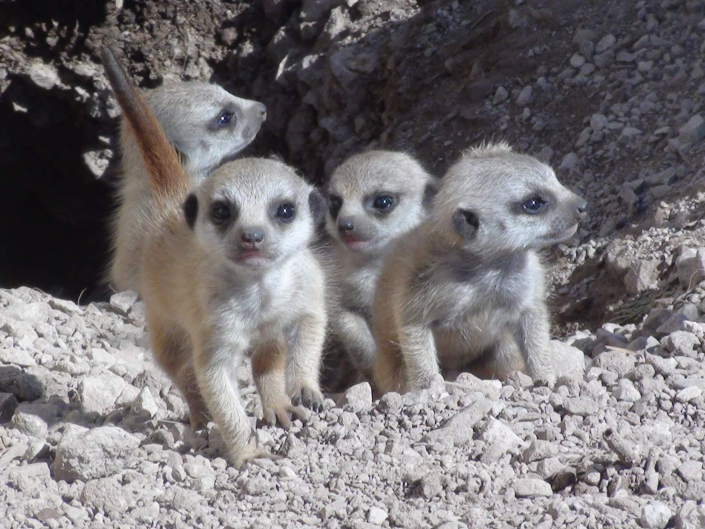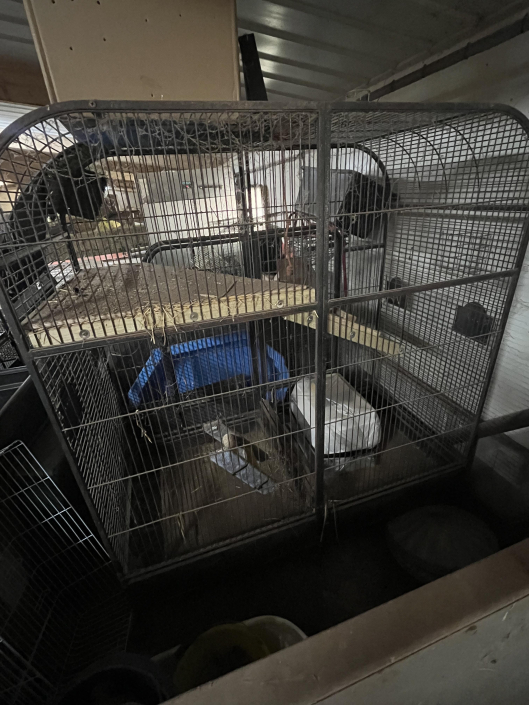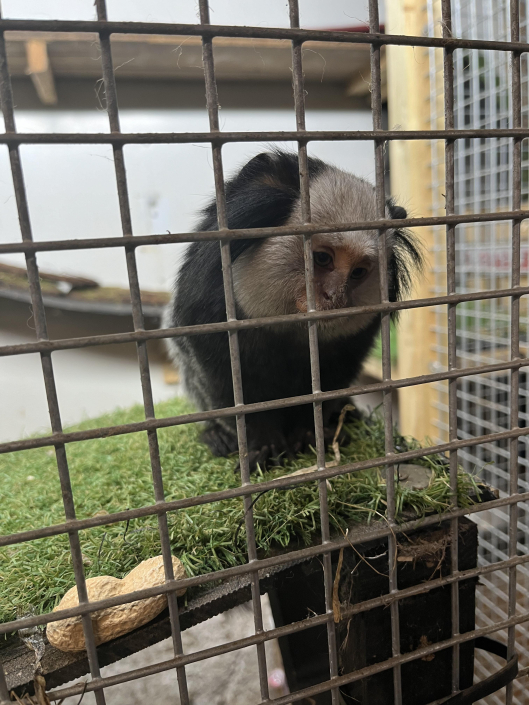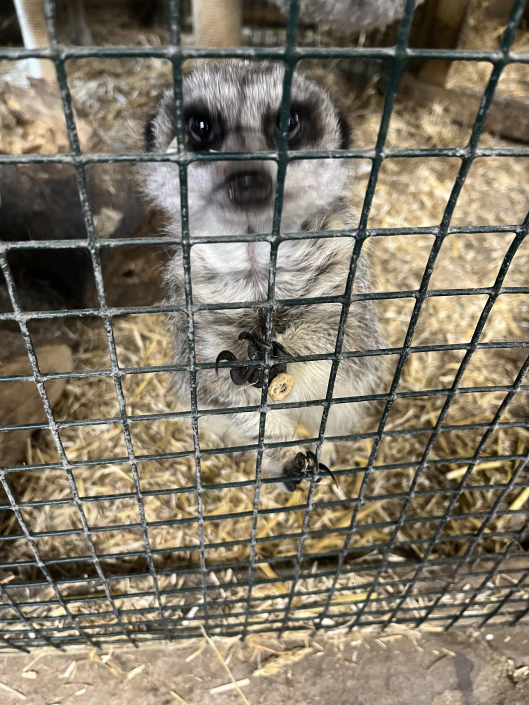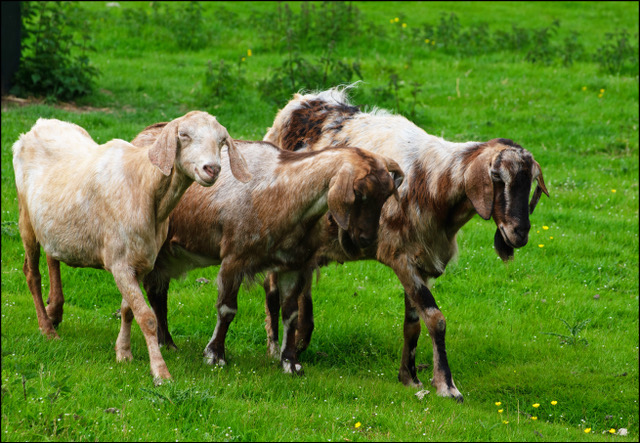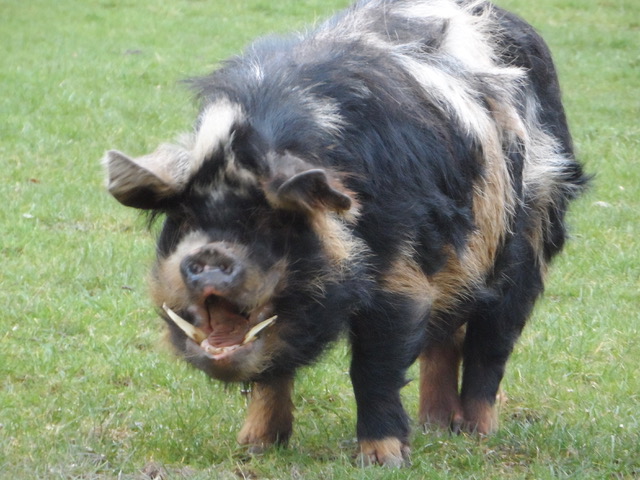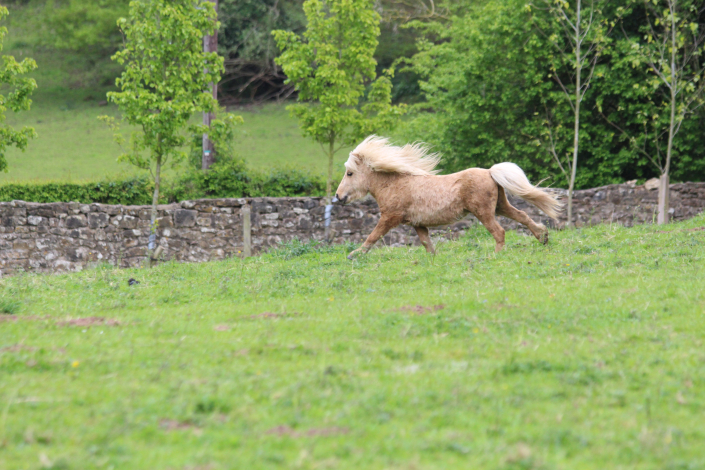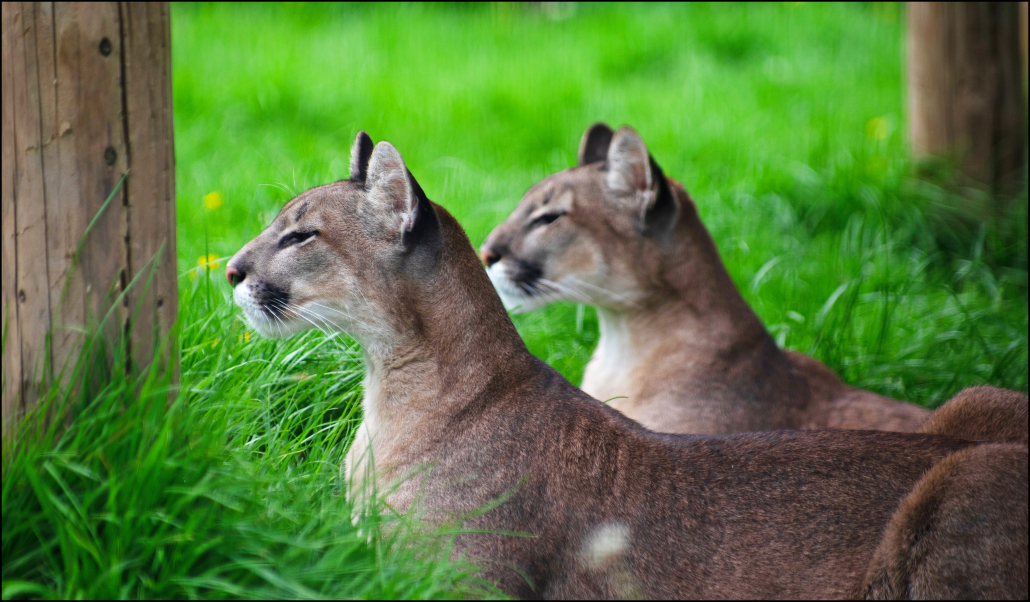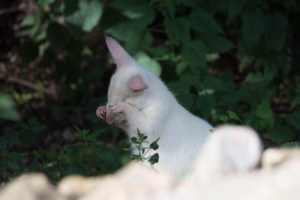Don’t let them suffer in silence
Wildside is opposed to the trade in and keeping of wild animals as pets. We are adding our voice, to those already out there, in seeking fundamental change to the trade in and welfare of captive wild animals in the UK.
- help to make it socially unacceptable to keep a wild animal as a pet
- making it hard, complex and costly to try and own and breed from a wild animal in a captive domestic setting
- engaging with local and national governments to ensure laws regulating the wild pet trade are strengthened, welfare focused and properly enforced
Make their suffering visible
The changes in legislation are at best slow and incremental. Policy makers and people in power will act if it is in their best interest to do so, when there is a clear desire for change and the changes are deemed socially acceptable to make. Therefore, we seek to excite and inform the general public, to make visible the ruthlessness of the trade, and the silent suffering of thousands upon thousands of wild captive animals. WildSide plans, through social media, education and communications to make the invisible and silent, visible and loud.
Adopt the positive list system
A number of countries, including within Europe, have adopted, or are in the process of implementing ‘positive lists’ where only the animals on this list, domestic and wild, can be traded and kept as pets. In contrast to the current negative list system in the UK, where you can keep any animal unless there is a piece of legislation forbidding this. Such a system has the potential to significantly reduce the scale and scope of the wild animal pet trade.
The positive list contents
This list should be kept very short. We advocate a total ban on wild animals being traded and kept as pets. Any wild species that is on the list should be capable of 1) having all of their complex wild needs easily met in a domestic setting, 2) with standard vets able to treat the species and 3) evidence of support structures in place, throughout the UK, for unwanted species to be moved when their owner no longer wants them, or they are removed due to welfare concerns.
Wild Animal License (WAL)
Why should a wild animal have zero legislative protection because it is not deemed dangerous?
Introduce a license that covers all wild non-native animal that are on the Positive List and kept in a captive domestic setting. Not one wild animal should be kept unless preapproved and licensed with rigorous welfare requirements to meet and annual inspections to pass.
Wild animal passport
Similar to the UK cattle passport and movement system. Every non-native wild animal in domestic captivity, dangerous or not, to have their own passport that accompanies them throughout their life. Any animal without a passport will be deemed to be illegally held. Passports increase the transparency and accuracy of information regarding animal ownership and provides the animal with a lifetime of visibility. As with horses and cattle any change in ownership is recorded and the passport is passed onto a new owner. The systems are already in place and working for animals in the UK. Any animal without a passport is illegal and can be dealt with.
Wild breeders license
A specialist license required for individuals who seek to breed a species on the positive list. The requirements to include evidence of an informed handover process to buyers, and plans for the management of offspring if not sold. Breeders to be highly regulated on the number of times they can breed a year and legally required to register all births.
Breeders to pay for twice yearly inspections as standard and the right to be inspected more regularly if there are any concerns.
Upgrade the Dangerous Wild Animal License (DWA)
There is not a national standard for a DWA so there are differences in the minimum requirements for the exact same species across council authorities. A captive Lion in Cheltenham does not have different welfare needs than a captive Lion in Exeter.
A good start point is one standard DWA license per species. Written by a species specific expert with welfare at its centre.A complete review, by species experts, of existing DWA License requirements, to ensure that the full needs of each species would be fully met if the minimum license requirements were fulfilled. To include updating the enclosure sizes recommended that today promote animal cruelty. A special inspection to take place of every DWA license holder against the improved DWA requirements, with timetables in place for the license holder to make any changes required or relinquish the animals.
Further changes to the licencing of wild animals:
- Increase the cost of obtaining a license
- The vet engaged in the licensing to be fully independent of the person requesting the license (not the Keeper’s vet as is currently) and a species expert vet
- Introduce annual inspections as standard, as opposed to every two years and the right to require 6 monthly inspections
- Enforce the right for adhoc spot checks, with no prior warning, in addition to six monthly or annual inspections
National central body for wild animal passports and licensing
Councils, in the main, unless they have large Zoos in their jurisdiction, do not have the expertise, experience with, or knowledge to manage the licensing of wild animals. Why should they? Likewise, the local vet, that treats farm stock or cats and dogs, is not an expert on wild animal welfare and may never have met or dealt with the wild animal they are confronted with. The vet is typically the potential licensee’s own vet. So, the vet is further hampered by a conflict of interest. So, the two bodies making critical decisions affecting the welfare of a wild animal for the rest of its captive existence are likely to be neither qualified or experienced for the job.
We propose a national body for the UK that manages all wild animal license requests by domestic householders. This national body to be accountable for:
- The creation and ongoing upgrade to wild animal licenses, such that the complex needs of the animal are fully reflected in the minimum requirements.
- A register of approved wild animal vets for each species being licensed. Only a vet on this approved list can be used to assess a wild animal license request.
- Collection of fees from the Licensee.
- Ongoing regular and adhoc inspections
- Management of welfare concerns and termination of licences
Managing the transition period
For all wild animals that are currently captive, and not already under a DWA license, their keepers will be required to register the wild animal with the authorities by a specified date and obtain a Wild Animal Licence. This will be an exceptional license if the animal is not on the positive list or a standard license if the animal is on the positive list.
Animals that are not on the positive list will be permitted to see out their natural lives with an exceptional Wild Animal License or confiscated if their welfare needs are not being met.
Animals that are currently held as captive domestic pets but are not on the positive list cannot be bred from, imported, exported or sold.
